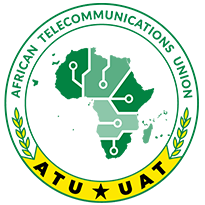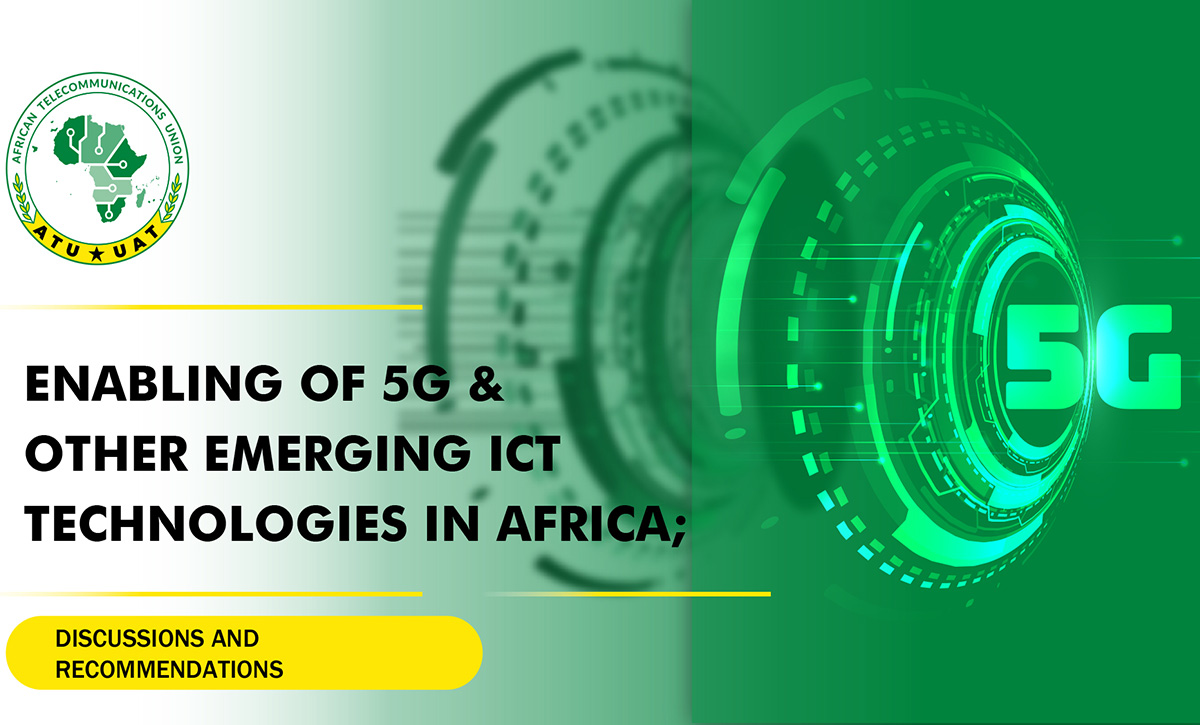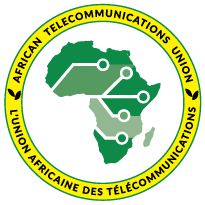The ATU Task Group on Emerging Technologies had its second meeting from 24th-27th of November 2020. Discussions during this meeting were dedicated to furthering work on four areas that are within the mandate of the group namely;5G/IMT2020; High-altitude platform stations (HAPS); Fixed Satellite Service Systems (FSS)/Mobile Satellite Service Systems (MSS) and WiFi/WiGiG.
The ATU Task Group is expected to develop harmonized frameworks for the implementation of emerging technologies in ICT while adhering to the ITU Radio Regulations, recognizing national sovereignty and taking into account practices within the region and beyond. The recommendations developed by the Task Group will be brand neutral and will be aimed at serving as an unbiased reference for the administrations in their consideration of the implementation modalities. Discussions on 5G were focused on how the continent can leverage the potential of this emerging technology for its socio-economic benefit.
5G represents more than just another step in the evolution of wireless technologies. It is the convergence of wireless with computing and the cloud. It is a new paradigm, enabling everything to be “smart” in a space where everything is connected. 5G will enable applications that are especially relevant for African countries such as communications, agriculture, healthcare, education, mining, manufacturing, public safety, and disaster response.
Agreeably, there is potential for 5G to bring changes across a range of sectors and settings. It is already commonly understood that connectivity is a key factor for success in the new, increasingly digital economy and Africa stands a great chance to leverage the potential of this emerging technology.
To facilitate 5G in Africa, the Task Group made a number of exhaustive recommendations. However, the full proposal and final set of recommendations is planned to be concluded by 30 April 2021. Among the recommendations was that African Administrations should define and agree on a 5G plan and implementation timeline aimed at achieving coordinated and harmonized regional deployment and that by 2021, a regional target for review of regulatory frameworks should be set and by 2023.
A subsequent release of spectrum and licensing. It was also recommended that African Administrations should assign spectrum for 5G in low, mid, and high bands in sufficient quantities to support 5G rollout and consider licensing terms that best meet the policy goals, including technology neutrality and national assignments as well as allow operators to use network slicing to efficiently use spectrum resources to meet the needs of a variety of customers and industries.


